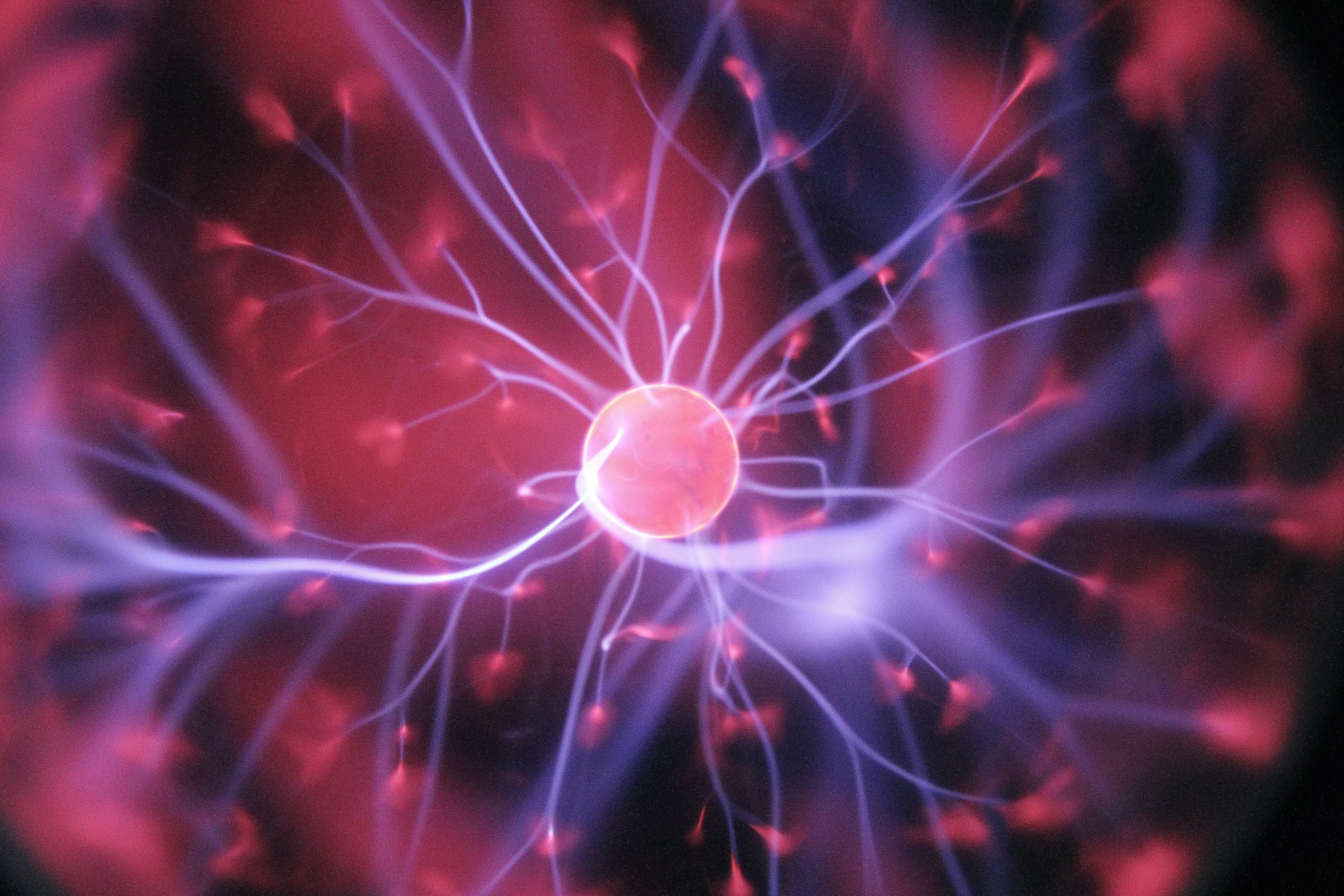When we think about trauma, we often think of physical trauma rather than trauma and the brain. Whether an incident or situation is physically abusive or emotionally abusive, a shocking accident or deliberate ongoing circumstances, the brain is involved. How your body remembers trauma has to do with the brain, and learning how to manage stress and anxiety after experiencing trauma is an important part of healing.
Trauma Changes the Brain
Simply put, trauma changes the nature of the brain from one that explores and creates, to one that protects and is vigilant. Blood, glucose, and oxygen are diverted to the survival-oriented mid-brain structures to help us predict, notice, and respond to the next threat. This is why we can be jump and nervous in the wake of trauma. We are ready for the next threat.
Trauma can change areas of the brain including both brain chemistry and brain structure. The amygdala is the area of the brain that holds your emotional responses. This area of the brain is what helps us view and understand emotional memories and is also the center of our fear response. This area of the brain can become more responsive to the world and perceived threats after trauma.
The hippocampus is the area of learning and memory in the brain. This area changes with trauma as well. Many people who experience trauma find it difficult to remember things in their day-to-day life. They may also have difficulty recalling the traumatic event. Another area of the brain, the prefrontal cortex, changes from trauma and becomes less proficient at higher-level thinking. People with traumatic experiences can often have irrational fears and have difficulty thinking logically because of the brain change. This is where a trauma therapist in pasadena, ca can help.
Early Childhood Trauma
Remember that the brain develops in a use-dependent manner. What you use, stays and gets stronger. What you don’t use, you literally lose by a process called aptogensis, or pruning. When a child experiences trauma early in life, their brain will develop around the trauma. Survival-based states can become ingrained traits. Children who have suffered adverse experiences early in life can develop to be anxious, fearful, and distrusting adults.
Early childhood trauma can often be more difficult to identify and overcome because of the years of experience operating with that trauma. This is also the reason that people recommend treating trauma as soon as possible when adults move through trauma. It’s important to begin rewiring your brain because the process can be overwhelming and time-consuming. The more time your brain has to entrench itself in the survival-based state, the harder it will be to move on from that traumatic experience and new brain state.
The wisdom of trauma is that it gives us the opportunity to connect with ourselves on a deeper level. No one needs trauma to focus inward or to grow as a human being, but when we are presented with trauma this is precisely what we need to do to heal ourselves. Working with a somatic therapist in pasadena, ca is a great way to learn more about how your body remembers trauma, and to learn how to manage stress and anxiety related to trauma.










